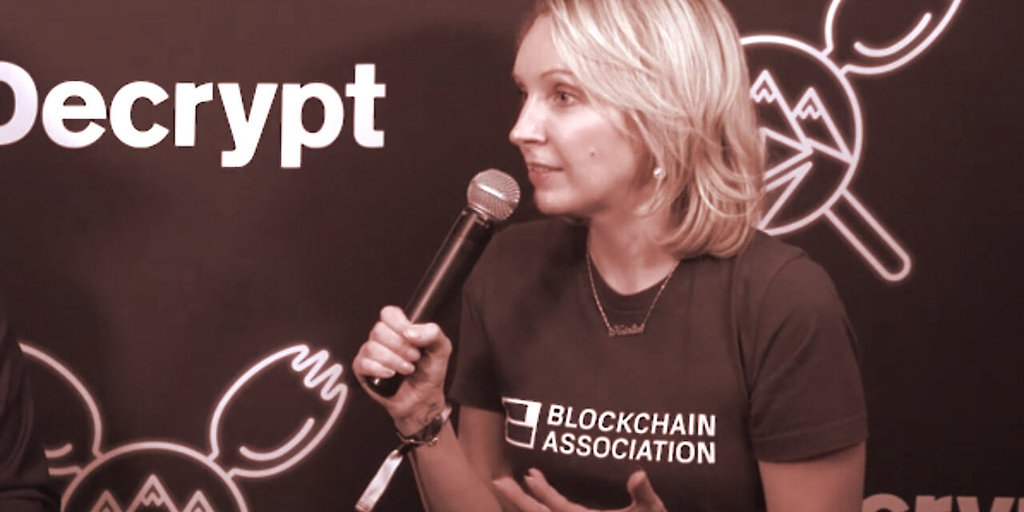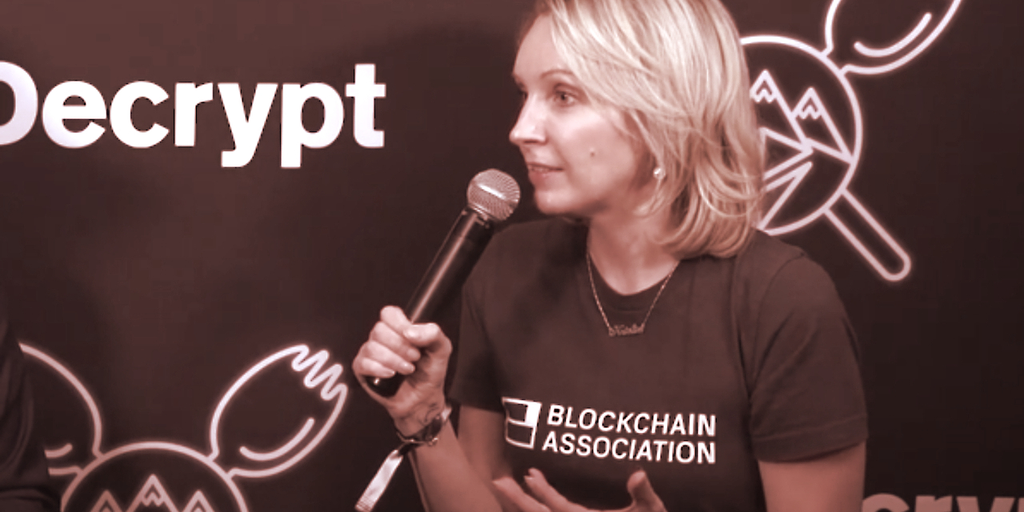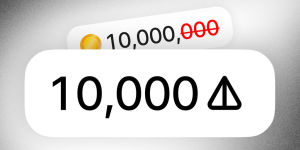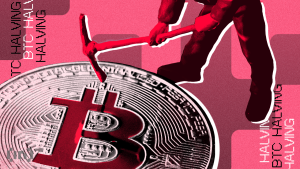Blockchain Association CEO Kristin Smith posted on Twitter earlier this week that she had been detained in Costa Rica and not allowed to leave the country.
“I’m being detained at the Liberia airport in Costa Rica,” Smith tweeted on Wednesday. “We’re told we can’t leave until tomorrow and need to sleep here at the airport.”
Smith tweeted on Thursday that she was released to the general area of the airport under the supervision of immigration agents after spending Wednesday night in a detainment center. The Blockchain Association confirmed to Decrypt on Thursday evening that Smith was cleared to travel back to the United States and was indeed on her way home.
“Kristin is thankful to all those who offered support, along with Blockchain Association members, friends, and colleagues, for their well wishes and support during this time,” Blockchain Association Executive Vice President of Marketing and Communications Curtis Kincaid told Decrypt in an email.
Prior to being released, Smith said the shocking incident in the Central American nation happened after vacationing at the Hacienda AltaGracia, Auberge Resort.
“On Wednesday, April 12, Kristin was detained due to a missing Passport entry stamp,” Kincaid said.
“The authorities here tell us that our passports are missing an entry stamp,” Smith tweeted on Thursday. “Apparently this is a very important stamp and it is very bad if you don’t have one.”
Smith thanked U.S. Representatives Tom Emmer and Ro Khanna in a follow-up tweet for their assistance with contacting the U.S. Embassy in Costa Rica for help.
The Blockchain Association did not offer further detail on the missing stamp, or what was done to facilitate Smith’s release to travel home.
Launched in 2018, the Blockchain Association is a crypto lobbying group comprising nearly 100 members. Crypto companies supporting the association include Kraken, Uniswap, the Digital Currency Group (DCG), Consensys, and the Filecoin Foundation.
On Wednesday the group had signaled its support for the plaintiffs in a lawsuit filed against the U.S. Treasury over the department’s sanctions on Tornado Cash, an Ethereum privacy service. The Blockchain Association submitted an amicus brief, a document filed to a court by someone with an interest in a legal cause but not party to the case.
“We urge OFAC to see Tornado Cash for what it is: an autonomous, decentralized software program that supports the right to privacy, rather than a tool that is de facto illegal simply because it can be used by anyone, including bad actors,” Smith said in a statement at the time.
Stay on top of crypto news, get daily updates in your inbox.












